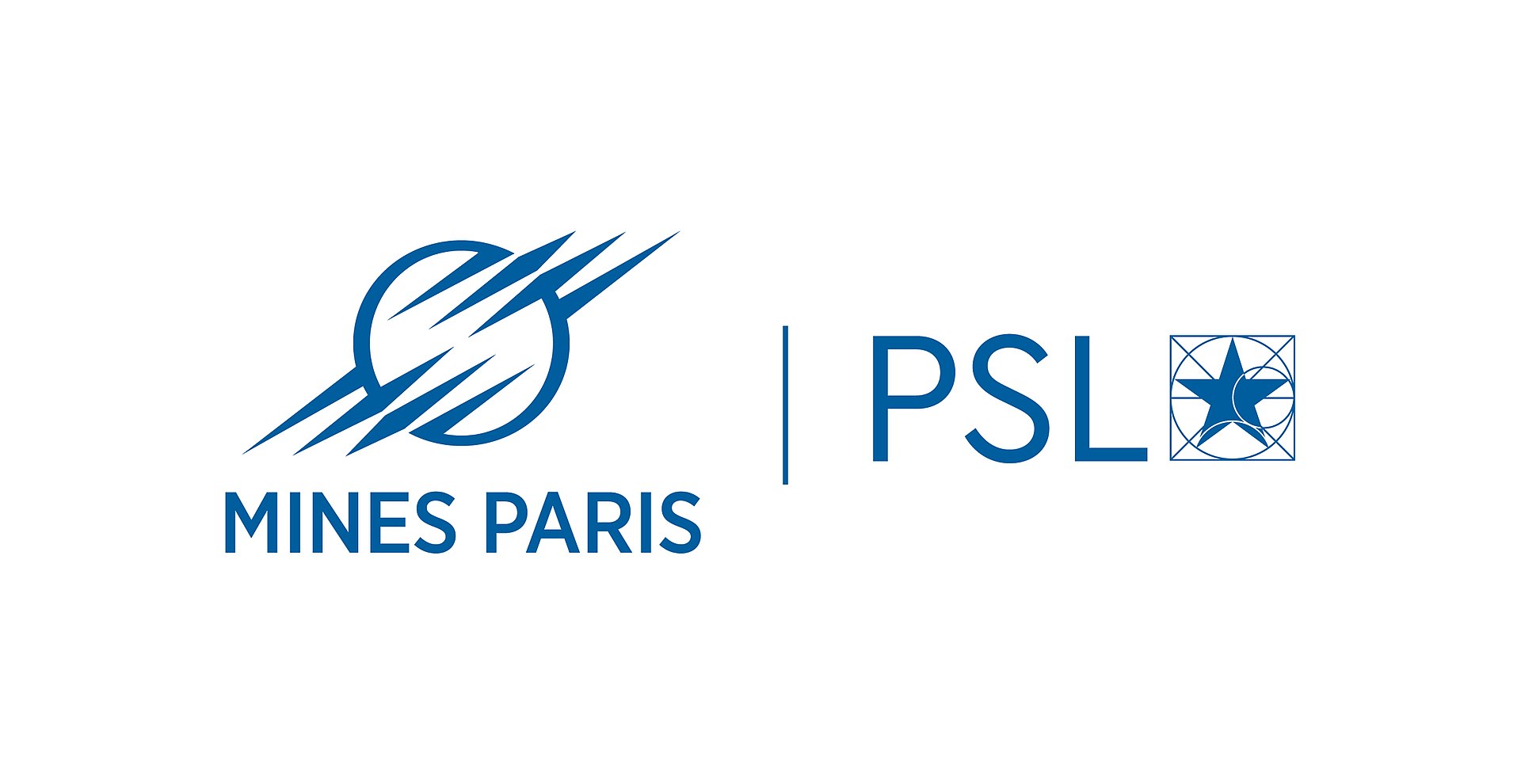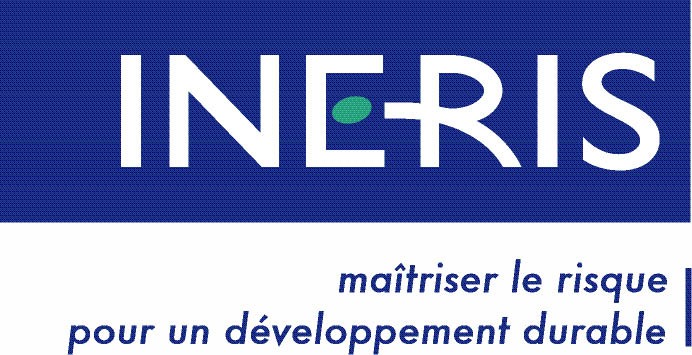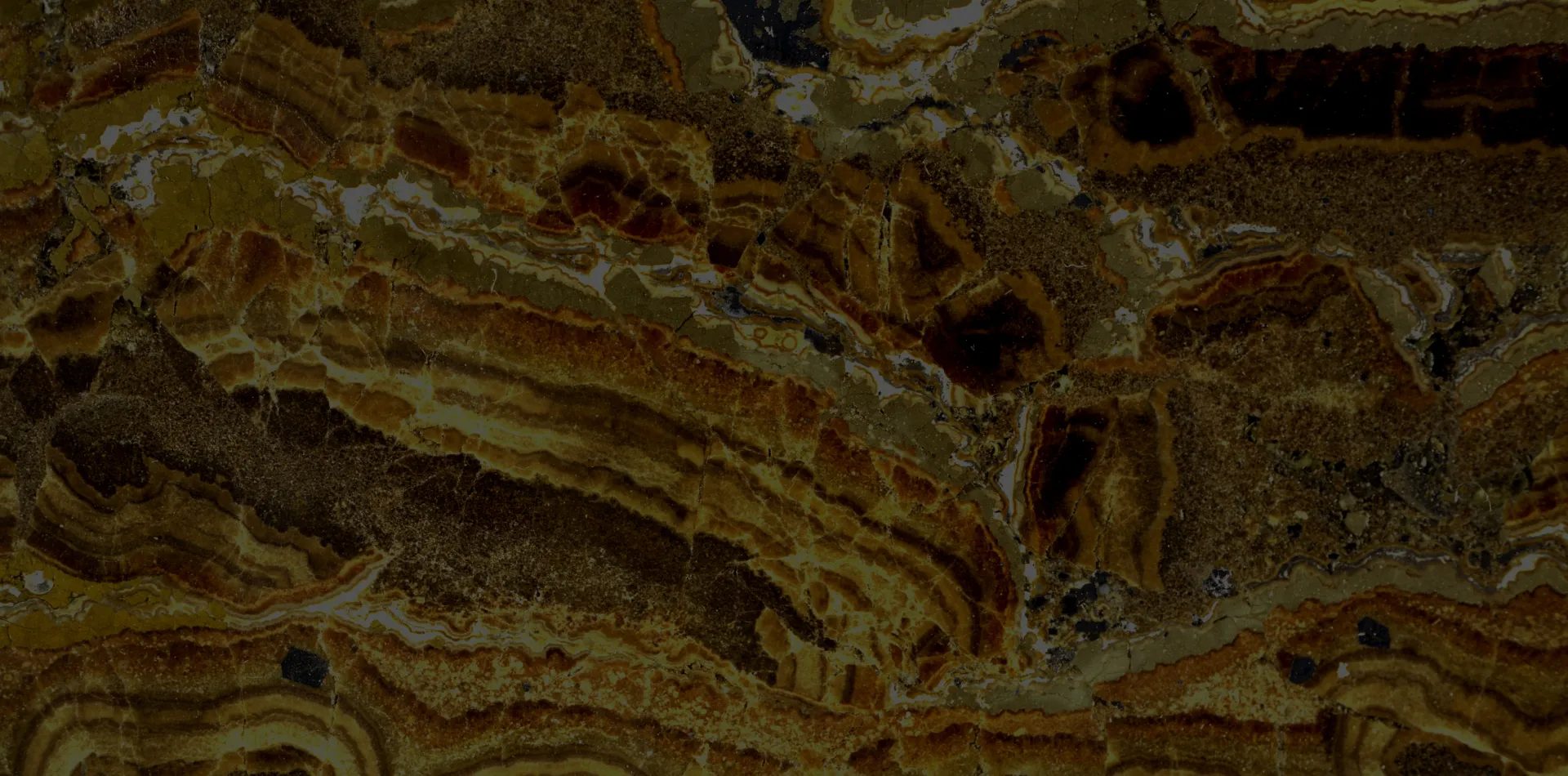News
Challenges
The European Commission has reaffirmed that access to mineral resources is a strategic security issue in the context of implementing the Green Pact for Europe, which aims to achieve climate neutrality by 2050. The recent European "Critical raw materials act" aims in particular to establish a framework guaranteeing a secure and sustainable supply of critical raw materials, to speed up "sustainable" production and to bring the European Union closer to meeting its climate goals. However, raw materials play a dual role with regard to the 17 sustainable development goals established by the United Nations Agenda 2030, both hindering and contributing to their achievement (Mancini et al., 2019). Against this backdrop, transparent and reliable data and methods are now needed to address the sustainability (in terms of its environmental dimension) of a large-scale change in the production and supply of raw materials in the European Union, including, potentially, in France.
Over the last twenty years, Life Cycle Assessment (LCA) has been more widely used to assess the potential environmental impacts of subsurface uses. Its development and application are necessary in order to contribute to the debate on the sustainable use of subsurface potential.
Objectives
The LCA-SUB project aims to make significant advances in life-cycle thinking methods for environmental assessment, using an innovative combination of approaches and tools. Applying the methods developed to case studies associated with the exploitation of mineral resources, geothermal energy and CO2 storage will enable the development of new LCA data that is complete, coherent and representative. The project will also help to structure and strengthen the LCA research community in France. In particular, it will develop approaches and models based on interaction with other PEPR research programs.
Expected results
LCA-SUB will thus provide an environmental assessment of the prospects offered by the potential future exploitation of the French subsurface. This assessment will take into account, and discuss, the threats and opportunities in relation to both local and global environmental challenges. In particular, it will provide an analysis of the potential transfer of impacts that such exploitation of the French subsurface would entail, using a multidimensional approach, i.e. taking into account potential transfers of impacts respectively between various categories of environmental impact, over time and between regions of the world.
Co-managers


Antoine Beylot has been a research engineer at BRGM since 2011. His research activities focus on LCA and Input-Output Analysis, with applications to the production of raw materials (primary and secondary), including metals. He was a project manager at the European Commission's Joint Research Centre (JRC) in 2018-2019. Back at BRGM since 2020, he is currently, or has been, involved in European and French research projects relating to Life-Cycle Thinking applied to raw materials, including in particular: TranSensusLCA (Horizon Europe co-funding; 2023-2025), HiQ-LCA (EIT Raw Materials co-funding; 2023-2025), H2020 INTMET, ITERAMS, IMPACT, and SLIM (closed in 2020).
Guido Sonnemann is a full professor at the University of Bordeaux, where he heads the Life Cycle Group CyVi at the Institut des Sciences Moléculaires de l'Université de Bordeaux. His research focuses on responsible sourcing and life-cycle analysis for sustainable chemistry and materials science. He has published over 100 articles, and his H index is 35 according to Scopus (2023). He currently holds the position of programme director for his university's participation in the KIC EIT Raw Materials project and is coordinator of the International Master's programme on the Innovative Recycling of Advanced Materials (AMIR). He is also co-founder and vice-chairman of the executive board of the Forum for Sustainability through Life Cycle Innovation (FSLCI). Until 2012, Guido Sonnemann was Head of the Sustainable Innovation Programme and Scientific Focal Point for UNEP's Resource Efficiency sub-programme. He obtained his doctorate in chemical engineering from the University of Rovira & Virgili, Spain (2002), a master's degree in environmental chemistry from the University of Poitiers, France (1996), and a degree in environmental engineering from the Technical University of Berlin (1995). He is currently involved in European and French research projects (PEPR H2, RECYCLAGE, SPLEEN and TASE) relating to Life Cycle Assessment for the energy transition, and in particular at the European level: TranSensusLCA (Horizon Europe co-funding; 2023-2025), HiQ-LCA (EIT Raw Materials co-funding; 2023-2025), LuxHyVal (Horizon Europe co-funding; 2023-2025).
Partners










